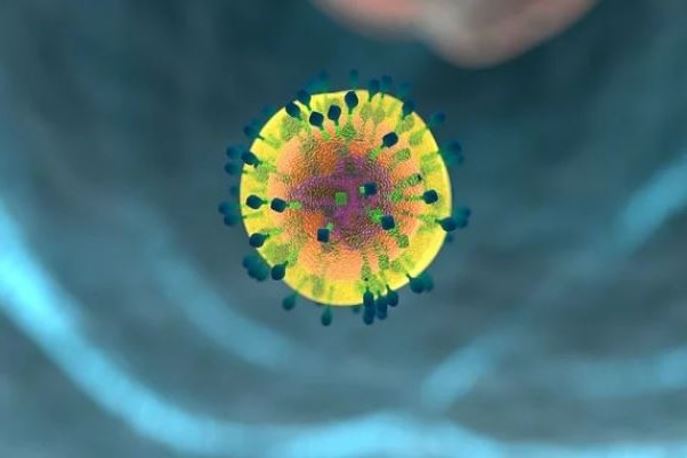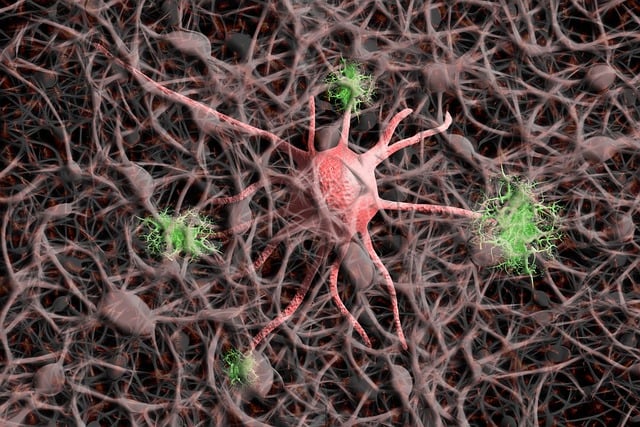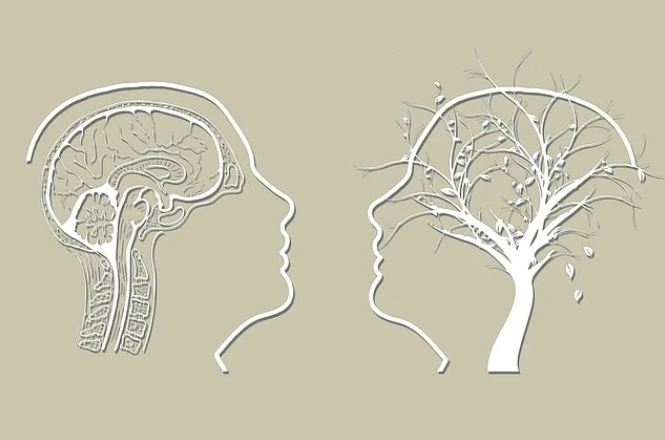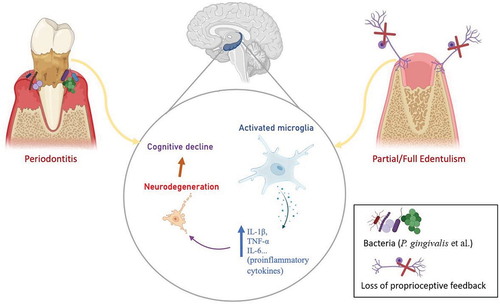Research
Research Interest
My laboratory is interested in studying the molecular and cellular mechanisms underlying synaptic plasticity and learning and memory. We focus on a brain structure called the hippocampus which is important for spatial and episodic learning and memory. Specifically, we are interested in 1) neuron-glia interactions, and 2) the role of CCR5 and other chemokine receptors in normal learning and memory, as well as in cognitive deficits such as those under stress, in Alzheimer’s disease, and in HIV infection. By understanding how neuro-immune interactions regulate synaptic plasticity and memories, and how this process may go awry under pathological conditions, we aim at finding the mechanisms and potential treatments for cognitive deficits associated with neurological or psychiatric disorders.
HAND

As a co-receptor for HIV, C-C chemokine receptor 5 (CCR5) has been well studied in immune response and HIV infection. Our recent studies show that CCR5 activation can suppress neuronal plasticity and learning and memory. Since HIV coat protein gp120 can bind and activate CCR5, we hypothesize that increased CCR5 expression and activation play an important role in HIV-associated neurocognitive disorder.
Alzheimer

Recent findings suggest that increased CCR5 expression or activation is involved in cognitive deficits associated with HIV, stroke, aging, and AD, however, the pattern of CCR5 expression in different cell types in the brain, and what signaling pathways are involved remain unknown. We are interested in studying cell type specific CCR5 expression and the downstream signal pathways in AD.
Learning & Memory

Our recent studies found that CCR5 knockout enhances neuronal plasticity and learning and memory, wile neuronal overexpression of CCR5 in the brain suppresses learning and memory. CCR5 expression enhances with aging, suggesting that overactivation of CCR5 may play a role in memory decline with aging. We are interested in studying how CCR5 expression is regulated in different cell types during and after learning, and how these changes may be involved in memory enhancement or memory deficits.
Edentulism, periodontitis, TMJ pain, cognition

We are interested in reviewing clinical and animal studies of edentulism, periodontitis, TMJ pain, and their impact on cognition. We are also interested in animal models to study how dental disease can affect brain function.
Laboratory Collaborations
(Name of lab) current collaborators include:
editing...